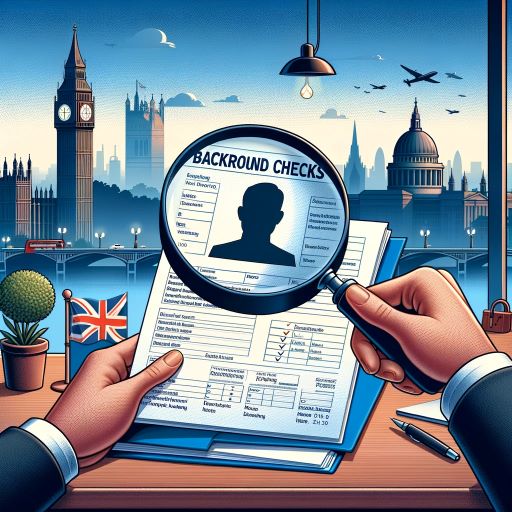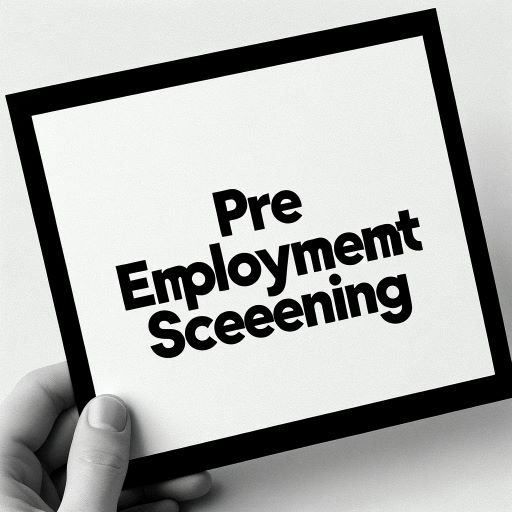

• England & Wales:
• PNC information is included.
• Additional police checks are conducted.
• Northern Ireland:
• Spent and unspent convictions are covered.
• Cautions, warnings, and DBS data are included.
• Scotland:
• Unspent and spent convictions are detailed.
• Cautions and relevant Police and Sex Offenders Register information are provided.

Each region has its own set of criteria that must be met to qualify for an Enhanced Check. Understanding these specific requirements is crucial to make sure that the check provides the necessary information for the role or purpose for which it's being obtained.
DBS checks are vital for guaranteeing the safety and suitability of candidates for specific roles involving vulnerable populations or positions of trust. These checks play a pivotal role in safeguarding vulnerable individuals and upholding the integrity of organizations. By revealing information about an individual's criminal record, cautions, warnings, and barred lists status, DBS checks provide employers with valuable insights into a candidate's background.
Different levels of DBS checks, including Basic, Standard, and Enhanced, offer varying degrees of information to help employers make informed decisions. Basic checks disclose unspent convictions, while Standard checks provide details on spent and unspent convictions, cautions, reprimands, and warnings from the Police National Computer. Enhanced checks, with additional eligibility criteria, offer even more detailed information by including data from sources like police force checks and the Disclosure and Barring Service.
Employers rely on DBS checks to maintain a safe and trustworthy environment for both employees and those they serve. It's imperative to conduct these checks to guarantee the protection of vulnerable individuals and the overall wellbeing of the community.
Employers across various sectors in the UK rely on background checks as a fundamental aspect of their hiring process, ensuring the suitability and safety of candidates for specific roles. These checks are essential for making informed decisions about potential employees.
• Tailored Screening: Different roles require varying levels of background checks. For positions involving vulnerable groups or senior leadership, employers conduct thorough screenings to assess the candidate's suitability.

• Legal Compliance: Employers prioritize righttowork checks and employment references to comply with legal requirements and verify that candidates are eligible to work in the UK.
• SectorSpecific Checks: Certain sectors may necessitate specialized checks. For instance, financial roles often require credit checks, while positions involving vulnerable populations mandate DBS checks to safeguard those under care.
Limited options exist for individuals seeking free background check resources in the UK. While there are constraints on accessing thorough free services, some avenues can still provide valuable insights.
Social media screening stands out as a free method that many people use for personal background checks. Additionally, specific resources like Clares Law and Sarahs Law offer partner checks at no cost, focusing on relationship histories and potential risks.
It's important to mention that while social media can offer glimpses into someone's background, it's illegal to access private profiles without permission. Free background checks in the UK, including these options, may have limitations compared to paid services that provide more detailed and verified information. When utilizing free resources, it's crucial to understand their constraints and consider the potential gaps in the information obtained.
When faced with the outcomes of background checks, candidates are typically informed by employers through email or phone communication. If you receive news regarding your background check, here's how you can manage the results:
